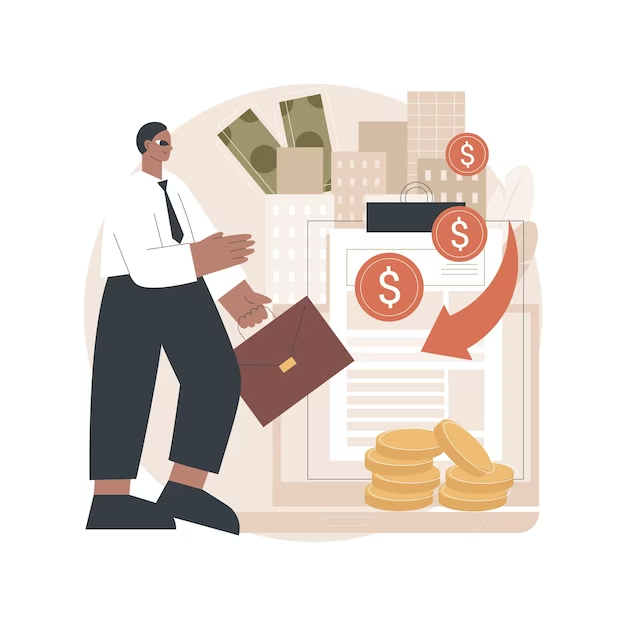
“
Debt Collection
Debt collection involves the process of collecting debts that are past due by businesses or individuals. Debt collection involves reaching out and communicating to the debtors to encourage them to pay off their outstanding debts. To collect debts, debt collection agencies employ a variety of tactics, such as phone calls, letters and legal action. This article will explain the debt collection process.
A creditor may try to collect the debt by writing or calling the debtor. If the creditor cannot collect the debt, they may hire a collection agency.
The debt collection agency usually begins by informing the debtor of the outstanding amount by telephone or mail. The debt collection agency will work with the debtor to devise a payment plan that they can afford or offer them a settlement to settle the debt.
The agency can take legal action if the debtor does not pay or does so without responding to attempts by the debt collection agency to contact him. The debtor may be sued, a court order obtained to garnish wages and bank accounts, or place a lien on their property.
Debt collection agencies must comply with the Fair Debt Collection Practices Act, which regulates and protects consumers against abusive and deceptive practices.
The FDCPA requires debt collectors to give debtors certain information, such as the amount owed, the creditor’s name and address, and how to dispute a debt.
Important to note is that debt collectors cannot threaten or harass the debtor, use abusive language or profanity, or make false claims about the debt. A debtor can complain to the Consumer Financial Protection Bureau if they feel a collector has violated the FDCPA.
Debt collection is a complicated process. It involves reaching out and trying to collect unpaid debts. To collect debts, debt collection agencies employ a variety of tactics, such as phone calls, letters and legal action. Debt collectors must comply with the Fair Debt Collection Practices Act and refrain from using abusive or misleading practices to collect debts.
Frequently Asked Questions
The process of debt collection involves collecting unpaid bills from businesses or individuals. The creditor can do this in-house or hire a collection agency.
Debt collection is usually done through letters, phone conversations, and other communication methods with the debtor. Legal action can be taken to recover a debt if these efforts fail.
In the United States, debt collection is governed under the Fair Debt Collection Practices Act, which regulates third-party debt collectors. The FDCPA sets out rules on how debt collectors may communicate with debtors and disclose information, as well as what actions they can take to collect debts.
Other common collection techniques include making phone calls and sending letters to the debtor. They also report the debt to the credit bureaus and use collection agencies to collect it. Legal action, such as a lawsuit or obtaining a court judgment, may be taken in some cases.
By outsourcing debt collection, businesses can save time and money since collection agencies are experts in recovering unpaid bills. Outsourcing can also help a company’s reputation as collection agencies follow strict guidelines and regulations for debt collection.

